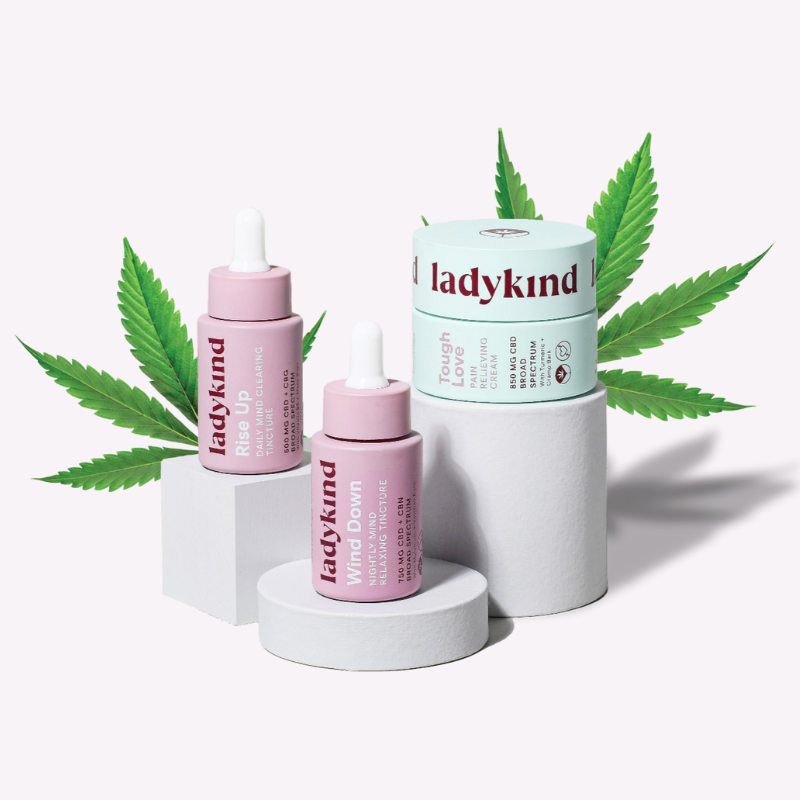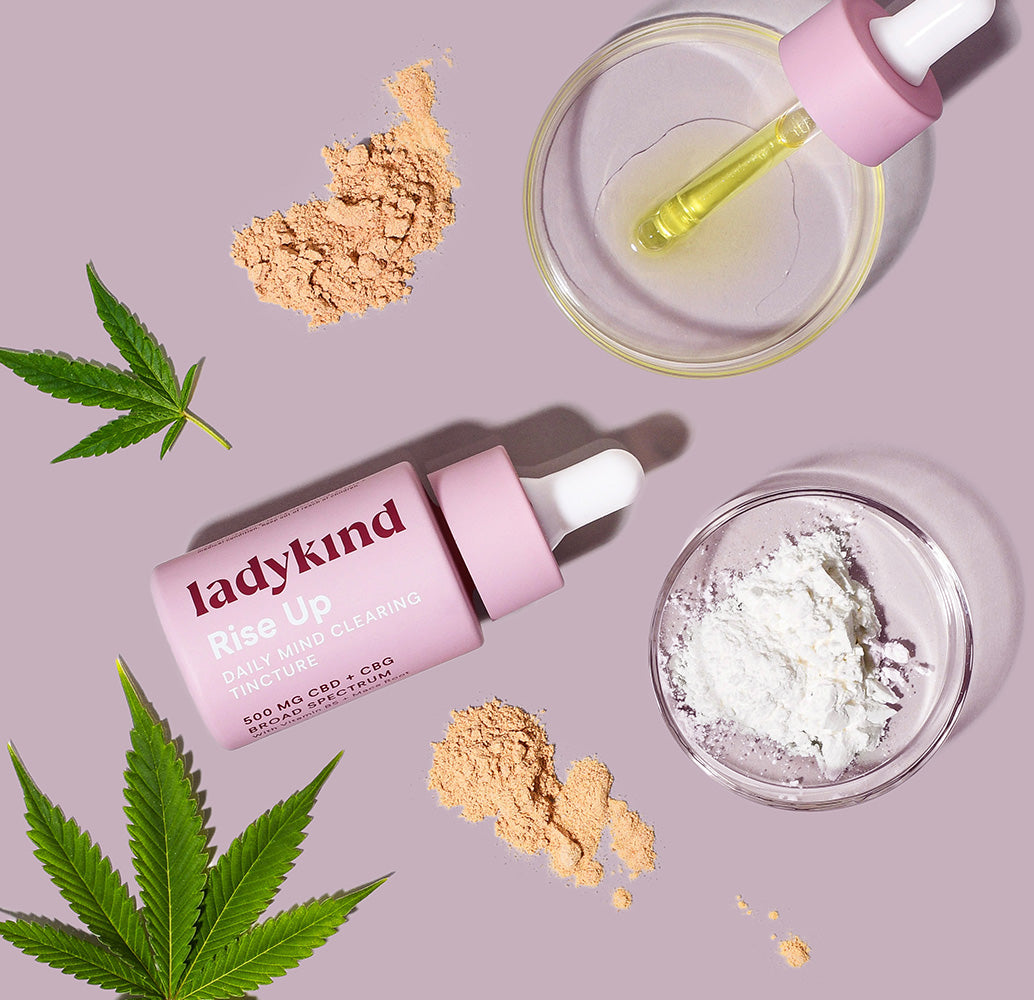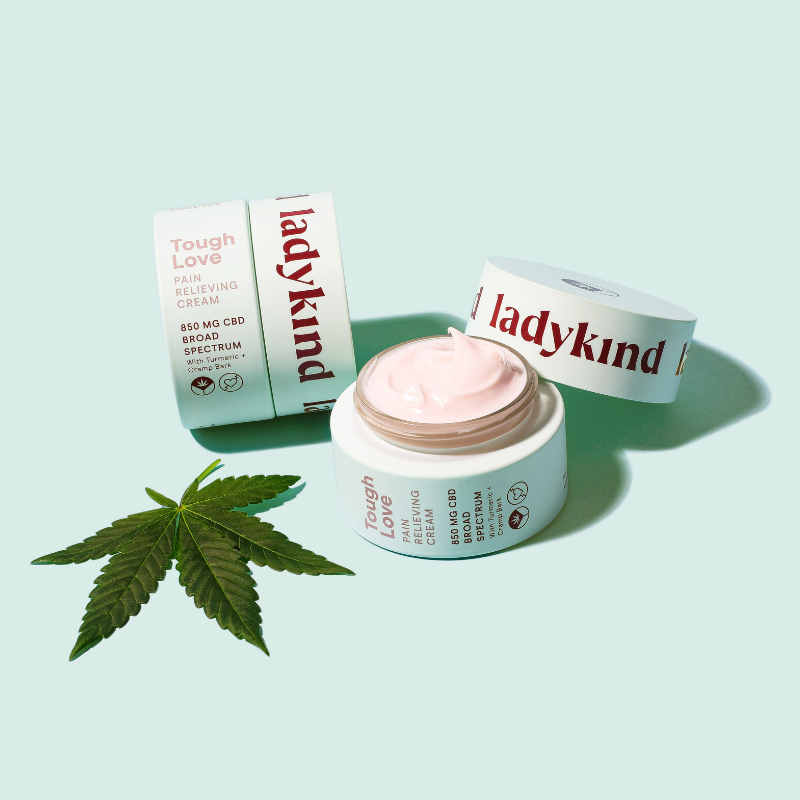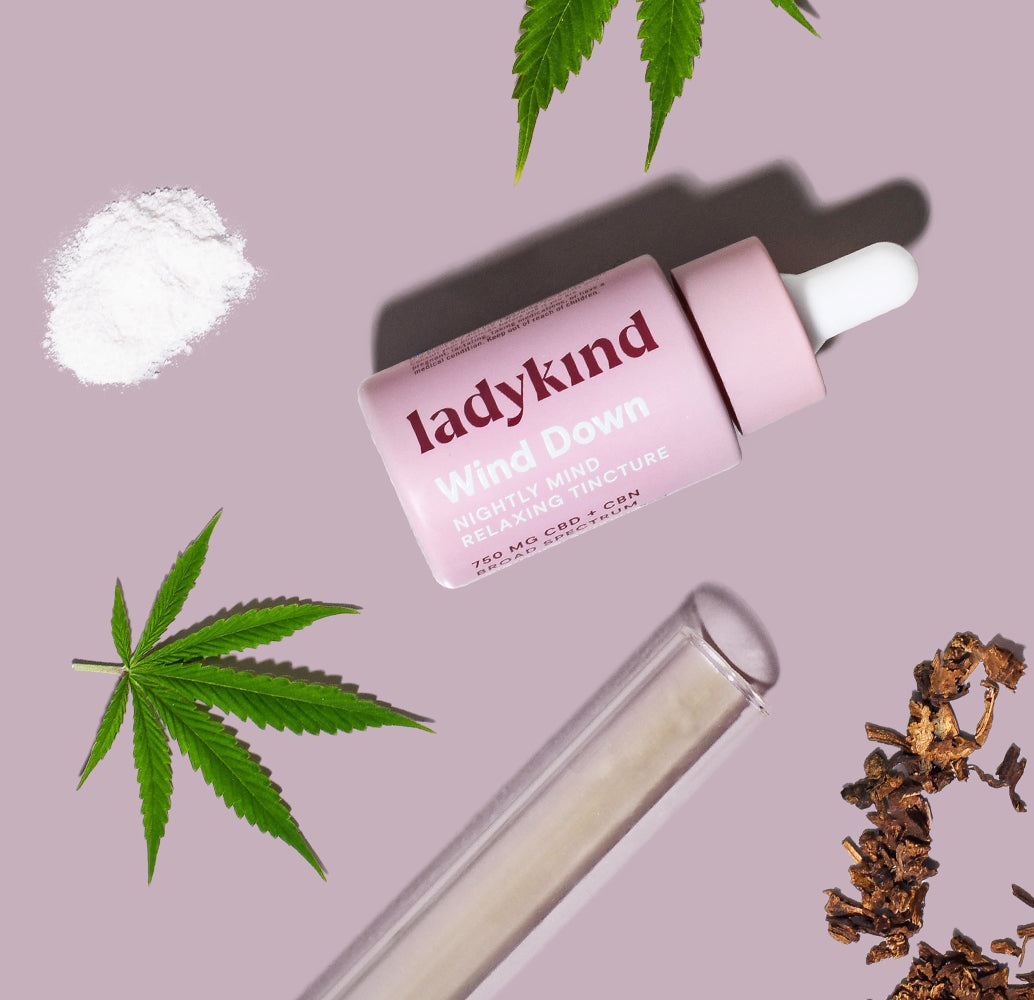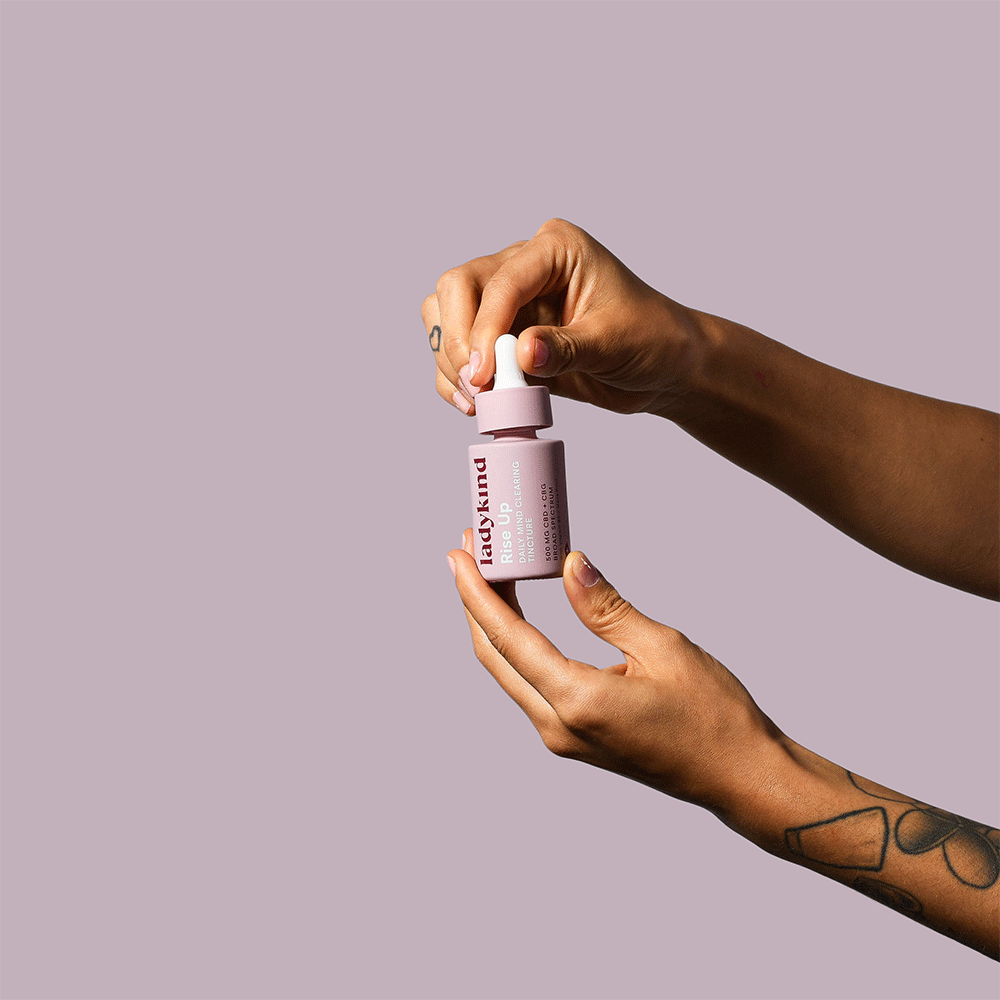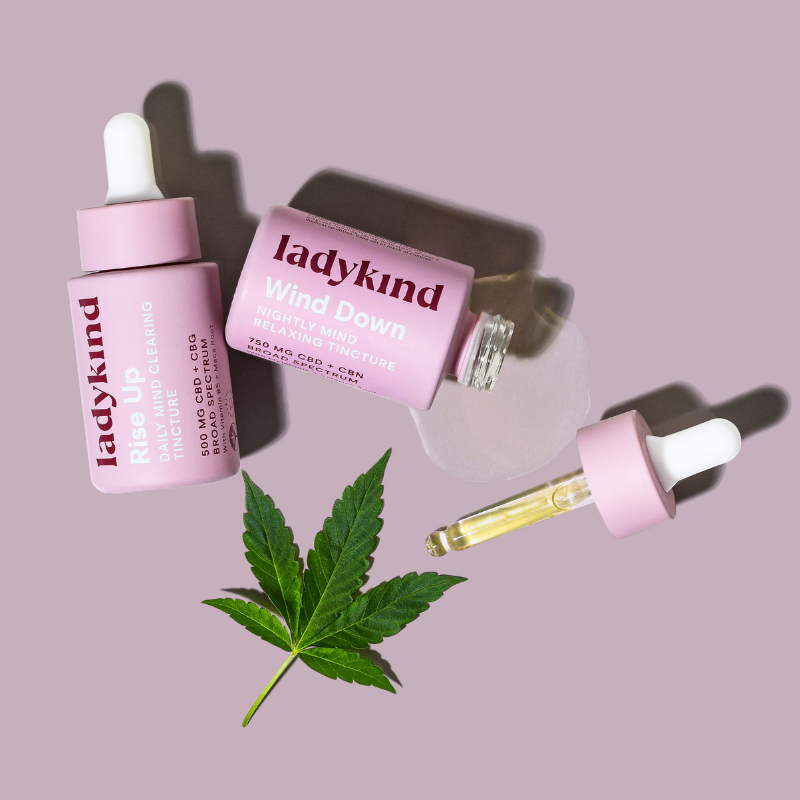Hot flashes are experienced by 3/4 of all women undergoing menopause, making it the most common symptom experienced during this period. Menopause hot flashes involve a temporary sensation of heat coming off the body, sometimes associated with sweating or flushing of the skin. They often last from 30 seconds to 10 minutes in length and can be extremely annoying and debilitating if they are severe. This blog will give you the info you need on how to find relief from hot flashes during menopause.
Hot flashes can be dealt with by taking hormone replacement therapy, which replaces the estrogen lost when the ovaries give out during menopause. Because there are side effects and risks to taking this form of therapy, many women resort to natural remedies such as CBD in order to cope with these symptoms.
7 Natural Remedies For Dealing With Hot Flashes:
1. Try mindfulness meditation.
Meditating mindfully involves a deep focus of experiences on moment-to-moment basis. A study by the National Center For complementary And Integrative Health found mindfulness meditation training reduced the intensity of hot flashes and also other symptoms of anxiety, stress, insomnia, and overall quality of life.
2. Try an herbal supplement.
While studies of their effectiveness are mixed, many women use herbal remedies to control symptoms of menopause, including hot flashes. Popular herbal remedies for menopause hot flushes include:
- CBD oil: An extract made from the hemp plant that many women take to boost mood, improve sleep, and reduce hot flashes during menopause. It may help hot flashes because CBD activates a specific type of serotonin receptor called 5HT-1A, similar to antidepressants commonly prescribed.
- Black Cohosh: A plant-based phytoestrogen that mimics the effects of natural estrogen. Avoid using if you have liver disease.
- Maca Root: This superfood native to Peru can boost mood, enhance workout performance, increase memory, and even reduce symptoms of menopause like hot flashes. Ladykind's Rise Up Tincture contains CBD, maca root, and other herbs that provide balance for menopausal women.
- Red Clover: An herb commonly taken by menopausal women containing isolfavones like daidzein, genistein, and biochanin that are also found in soy.
- Evening Primrose Oil: An extract made from yellow flowers that is often used by women with PMS, arthritis, and menopause.
- Dong Quai: A Chinese herb used for thousands of years for women's health issues including PMS, period cramps, and menopause. Avoid if you are taking the blood thinner Coumadin (warfarin).
- Soy: You can increase your intake of soy by drinking soy milk, eating tofu, or eating tempeh, which is a fermented form of tofu. It can cause tummy trouble in some women.
3. Quit smoking.
Smoking cigarettes or vaping can trigger hot flashes so, if you already smoke, you should make every attempt to quit. If you do not smoke, you shouldn’t start the habit. Smoking can be a trigger for hot flashes and is generally not a healthy lifestyle behavior to have.
4. Try acupuncture.
Acupuncture can decrease the incidence and intensity of hot flashes without the side effects that you can have if you are taking medication. A study published in the British Medical Journal in 2011 showed that women who undertook acupuncture for hot flashes had fewer hot flashes and other menopausal symptoms. Acupuncture involves putting thin sterile needles into specific areas of the body, resulting in an increase in the flow of qi energy in the body.
5. Start exercising regularly.
Exercising aerobically has been found to decrease the intensity and frequency of hot flashes. You can exercise aerobically by taking part in any physical activity that increases the heart rate and increases the respiratory rat. Aerobic exercises include brisk walking, jogging, cycling, running, swimming, tennis and, to some degree, golf. You need to exercise at least thirty minutes a day on most of the days of the week. You can also engage in anaerobic exercise, which involves lifting weights or using weight machines that will help tone your muscles and will increase your muscle mass.
6. Eat a well-balanced diet.
This means eating more fruits, vegetables, and whole grains rather than saturated fats (found in dairy products and meat products) as well as trans fats, which are found in highly processed foods. You should drink less alcohol as this can be a trigger for hot flashes and avoid foods that are high in sugar and fats.
7. Layer your clothing.
Learn how to dress in layers so that you can take off layers of clothing when the hot flashes become intense. It also includes having ice water handy so you can sip on it when the hot flashes start. You can also wear light pajamas that are loose fitting and use bed linens made with cotton that breathe better and can reduce the incidence of night sweats.
Sometimes It Takes Two
The lifestyle changes above can be used separately or together to reduce the frequency and severity of hot flashes. Always talk to your doctor or a qualified healthcare professional before starting any new supplement or lifestyle change, including CBD.
Get Answers To Your Lady Problems
Want to connect with other women to talk freely in a private community with other women about period pain, mental health issues, perimenopause, and taboo topics? Join our CBD For All Ladykind Facebook Group. I'm the moderator and here to support you.

Michele Ross, PhD
Dr. Ross is a cannabis clinician based in Las Vegas and author of 5 books including CBD Oil For Health and Vitamin Weed. Visit drmicheleross.com to learn more.



